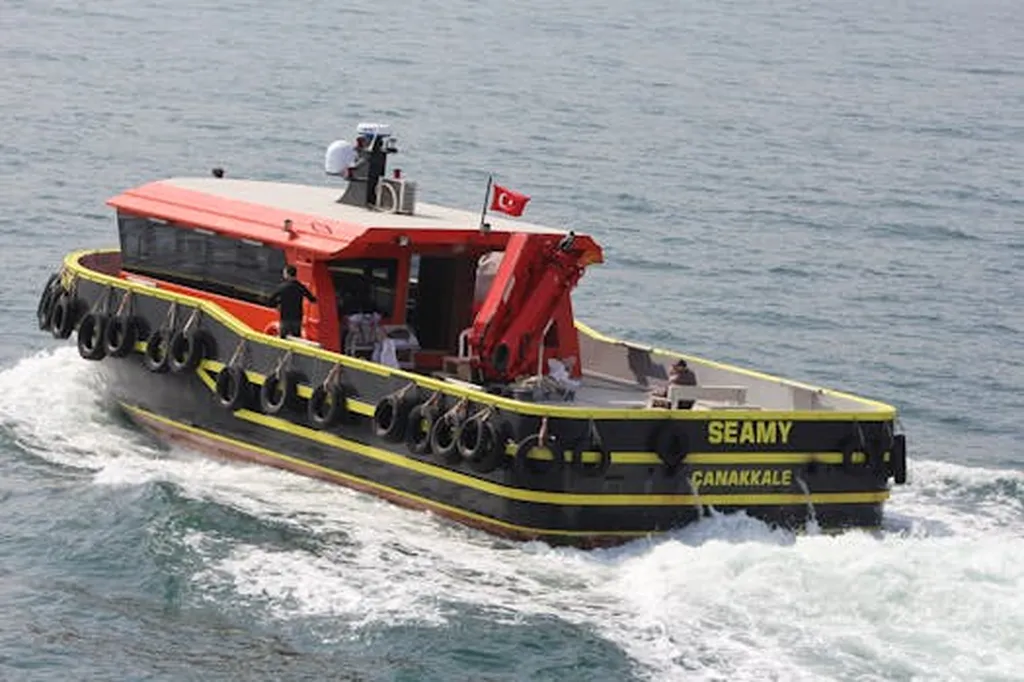In the heart of Italy’s Veneto region, a digital revolution is brewing in the world of bivalve mollusc production. Eleonora Franzago, a researcher whose affiliation is not publicly disclosed, has spearheaded a project that’s set to transform how we monitor and manage these vital marine resources. The project, funded by the European Maritime and Fisheries Fund, has birthed three innovative IT tools designed to streamline the work of Local Veterinary Competent Authorities (LVCAs) and, ultimately, boost consumer confidence in locally sourced shellfish.
So, what’s all the fuss about? Well, let’s dive in. The European Food Hygiene Legislation mandates rigorous control and monitoring of bivalve mollusc (BM) production areas. When tests show non-compliance, LVCAs step in, issuing measures to limit or suspend harvesting. This is where Franzago’s tools come into play. They provide LVCAs with up-to-date, near real-time information on the sanitary status, lab test results, and spatial distribution of production areas. As Franzago puts it, “it is essential for LVCA accessing to updated information in near real time on sanitary status, laboratory test results and spatial distribution of production areas.”
But how does this translate to the maritime sector and commercial opportunities? For starters, these tools support food safety control activities, ensuring a safer product for the end consumer. This, in turn, can enhance consumer trust in local products, driving up their market value. Moreover, the open access to information regarding these systematic controls can foster transparency, further boosting consumer confidence.
The implications for the maritime sector are significant. With more efficient monitoring and control, there’s potential for increased production and harvesting activities. This could lead to a boost in the local economy, creating jobs and stimulating growth in related industries. Plus, the tools can help identify areas that need improvement, guiding sustainable practices and ensuring the long-term health of bivalve mollusc populations.
The research, published in the Journal of Systemics, Cybernetics and Informatics, is a testament to the power of technology in transforming traditional industries. For maritime professionals, it’s a call to embrace digital innovation, to stay ahead of the curve, and to drive sustainable growth in the sector. So, let’s raise a glass (or a shell) to Eleonora Franzago and her team. Here’s to a future where technology and tradition go hand in hand, ensuring a safer, more sustainable maritime sector.

